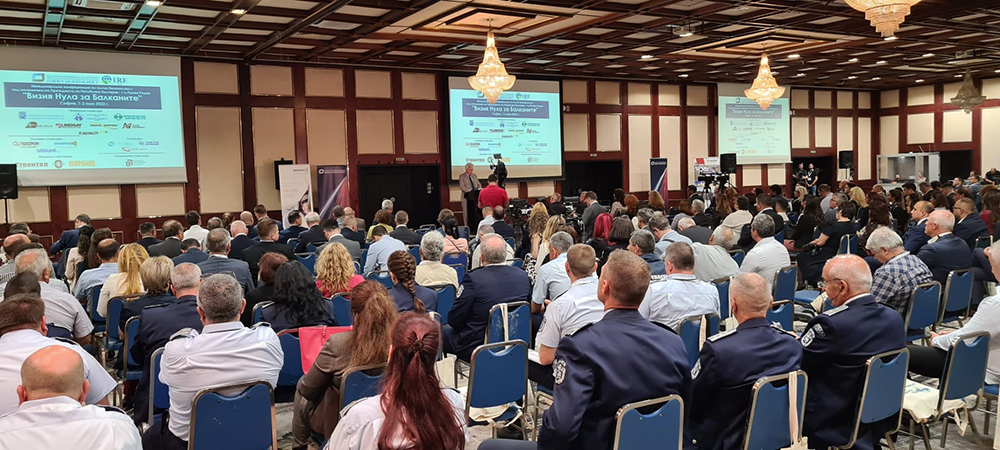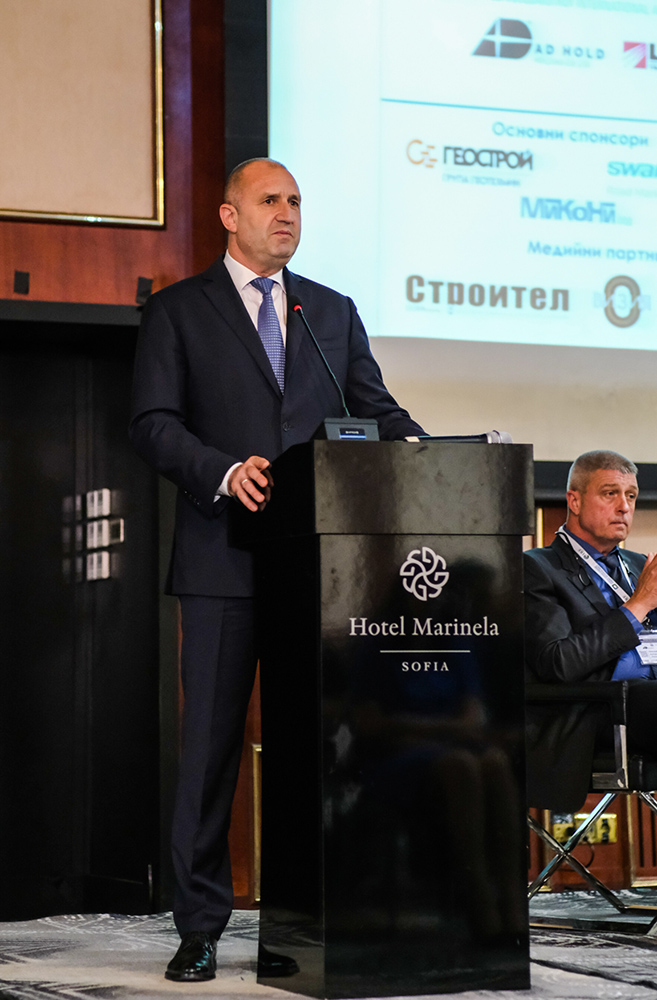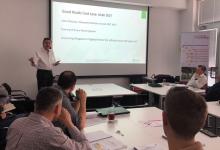
The event was keynoted by Bulgarian president Rumen Radev as well as senior officials from Balkan road agencies and intergovernmental organisations, marking a notable shift in ownership of the problem. Countries around the world are increasing the pace of efforts to achieve the targets set within the 2nd United Nations Decade of Action for Road Safety. The conference was also designed to coincide with the International Children’s Day, and contributions addressed the important role of planning cities and streets that protect the most vulnerable segments of our societies.
Opening the event, Philip Wijers, chairman of the IRF Committee on Road Safety said, “Your countries are familiar with the magnitude of this challenge, and your governments have been vocal in their support for achieving “Vision Zero” road deaths and serious injuries. But, make no mistake, we still have a difficult road ahead of us, and should not fear honest and transparent dialogue about what these will cost to implement politically and financially."

A “Vision Zero” approach to road safety management is based on the foundation that no death or serious injury is acceptable on roads. In fulfilling this aspiration, all parts of the transport system must work together to minimise the risk and consequences of driver error.
“As a global broker of knowledge, IRF is already actively working with the region’s main transport stakeholders by showcasing cost-effective programs, sharing good practices with decision-makers and training front-line personnel on diagnosing and addressing engineering weaknesses," noted Patrick Sankey, IRF president and CEO. “Our cycle of Vision Zero conferences takes this cooperation a step further by providing new insights and field-test solutions to sustainably reduce their road traffic injuries. Every day, IRF member organisations effect real change by designing solutions - from low-cost road markings to speed enforcement cameras – that help to protect people from death or injuries."










